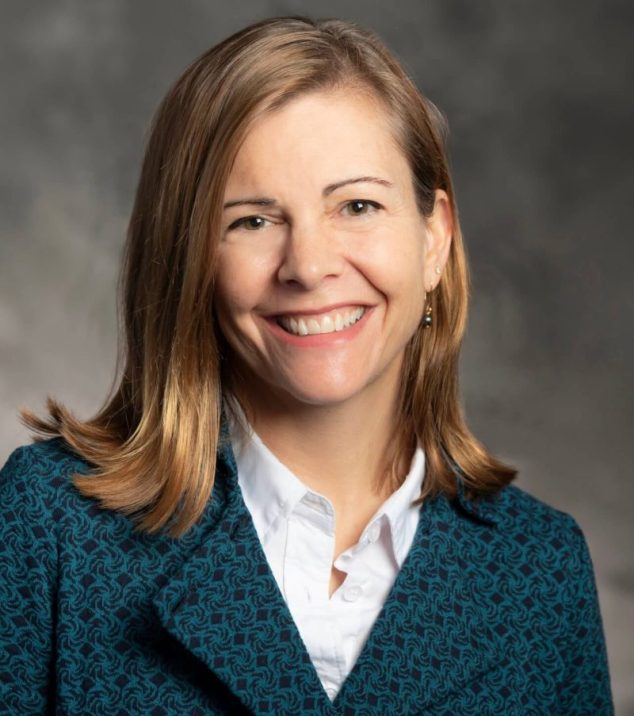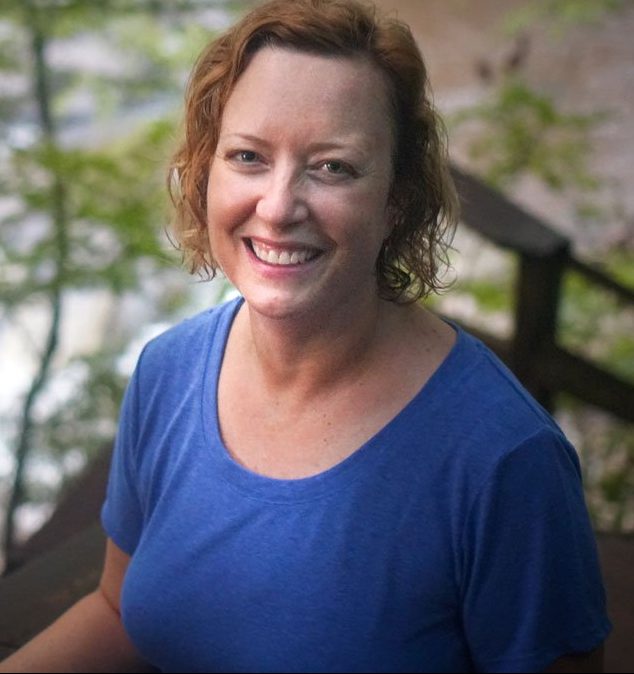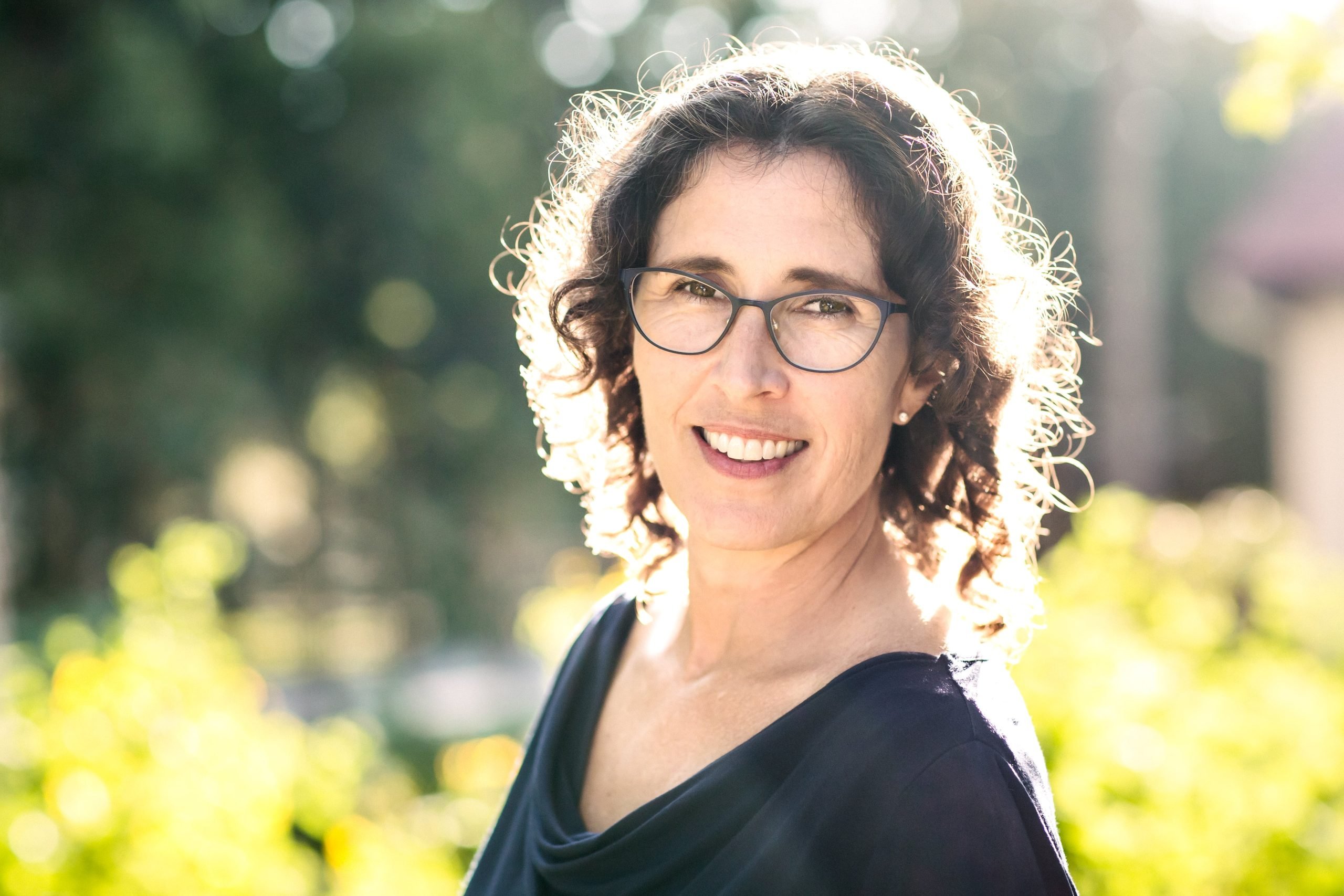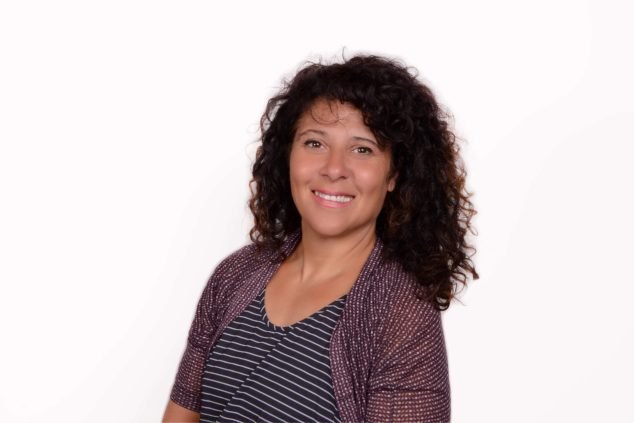During the Fall 2023 semester, CERCLL offered a series of professional development webinars for language educators with an emphasis on career-focused language development. In 2019, ACTFL’s Making Languages Our Business report revealed the high and growing demand for language skills in the workplace with 9 out of 10 employers surveyed citing a reliance on bilingual employees and 1 in 3 reporting a language skills gap. Curricular offerings of language programs are not always balanced in a way that prioritizes the kinds of skills, knowledge, and experiences students need for their chosen careers and community involvement after graduation. Language programs in the US can take concrete steps to remedy this situation as the presenters of the three webinars in our series will explain.
Click on the titles below to access the recordings, slides and resources for the webinars in this series.
You can also view all the recordings in our YouTube webinar playlist!

Deb S. Reisinger
(Duke University)
Community-Based Learning Outcomes: Positioning Language Students for Success
In this webinar, Dr. Reisinger and Dr. Clifford draw on two decades of experience in community-engaged and internship-based courses to share research-based outcomes, sample courses and modules for workplace development, and practices to develop these transferable skills within community and workspace contexts.

Joan Clifford
(Duke University)
Community-Based Learning Outcomes: Positioning Language Students for Success
Some of what attendees told us they found most beneficial about this webinar:
The main takeaway was giving students what they both want and need. I agree with what was mentioned by the presenters, career readiness is central to what students want. There are ways balance that without losing the cultural awareness piece.
The tips about how to design techniques for teaching English to non-native speakers. In other words, making it easy to learn.
The organization of ideas and information about how to improve the relationship between language learning and the job market.
In this webinar, participants explored examples of skills that every employee in every workplace need to be a successful professional and discussed examples that build on content that is part of every introductory and intermediate language curriculum. Having polished phone skills is one example of something that all our students will need in the workplace, whether they become doctors, lawyers, business people, or follow any other career path. This interactive webinar provided opportunities to design classroom activities, ask questions, and develop materials that work for each participant.

Darcy Lear
(University of Chicago)
Don’t Reinvent the Wheel: Integrating Career Readiness into Already-Existing 1st and 2nd Year Language Programs
The organization and specific ways to incorporate career readiness skills into lower level language courses.
How might you incorporate what you learned during this webinar into your teaching/ work?
In all my language courses, I’m already incorporating many of the recommendations and examples given, which is encouraging to see that many of us are going in the same direction based in our experience and our knowledge in the world language teaching profession: AI for planning, designing learning experiences, and assessment.
It’s a good reminder of things we may already do in the classroom, but highlight the application of these concepts in the real world.
Webinar will be live at 10 am MST on November 29th, stay tuned for testimonials and for video recording.

Diana Ruggiero
(Memphis University)
Shaping the Future of Education: Integrating World Languages for Specific Purposes (WLSP) in Language and Culture Programs
More than ever, the globe is connected. Professionals increasingly need fluency in foreign languages suited to their unique professional demands since they can now communicate in their home tongues. Whether Japanese for business, French for culinary arts, or Spanish for healthcare, WLSP focuses on fusing language acquisition with cultural subtleties and domain-specific terms. WLSP improves the relevance of the learning experience for students and boosts their employability after graduation. WLSP presents a viable way for educational institutions to improve their curriculum by bridging the gap between language learning and professional requirements. Watch the recording to examine how language instruction will develop in the future to prepare our kids for the globalized world.
I am teaching beginning level of Chinese this semester. I will definitely try out the phone messages activities with my student.
Taking messages with phone numbers and names in a beginning class, the importance of being able to introduce someone beyond a purely social skill!
It’s a good reminder of things we may already do in the classroom, but highlight the application of these concepts in the real world.

